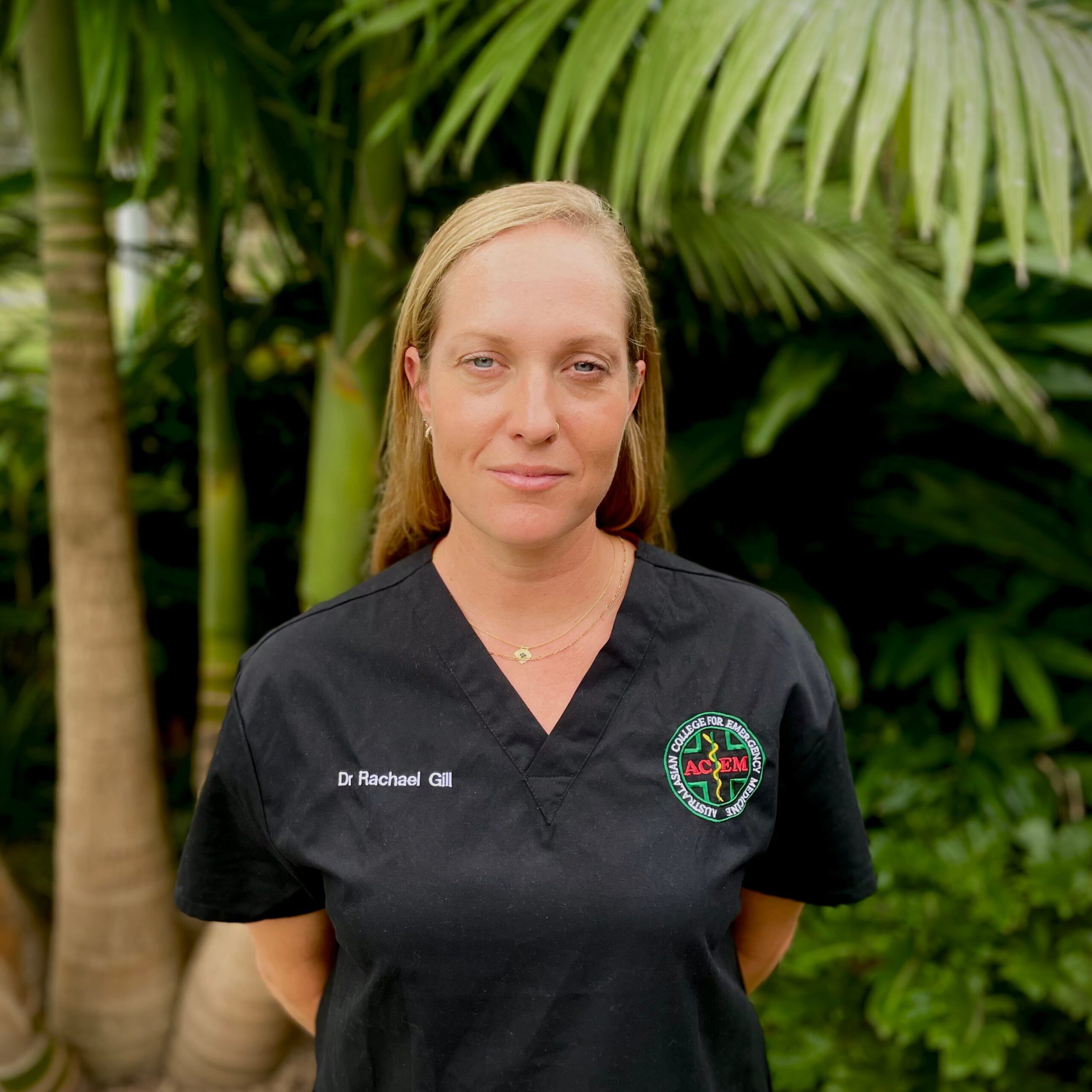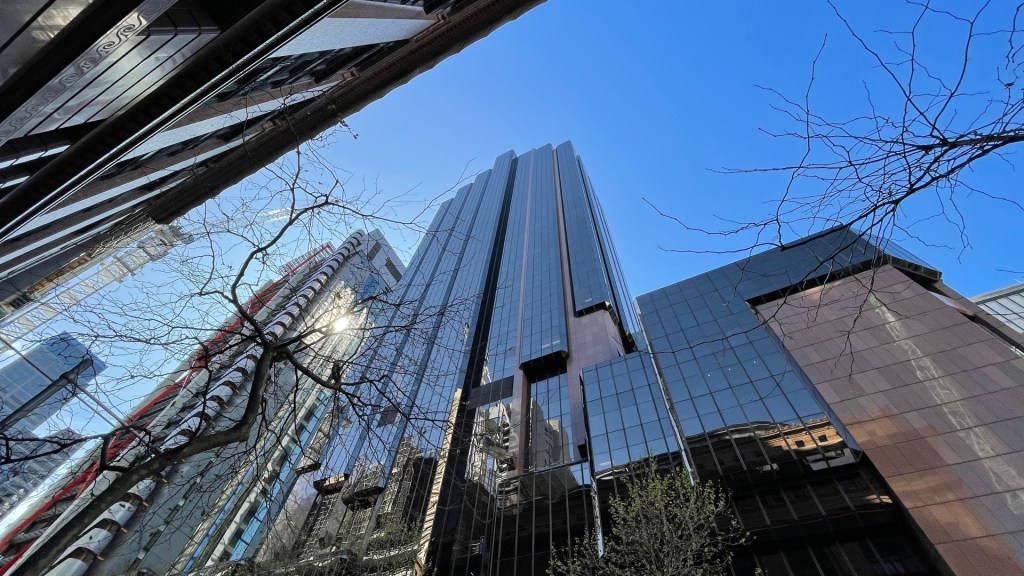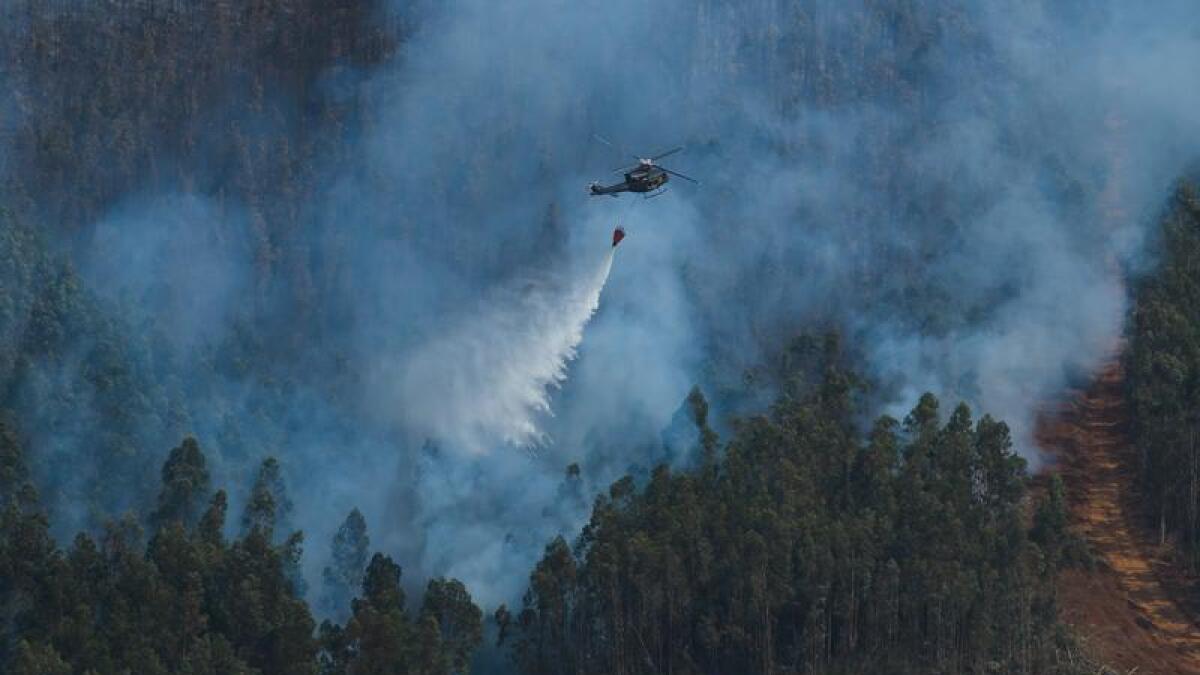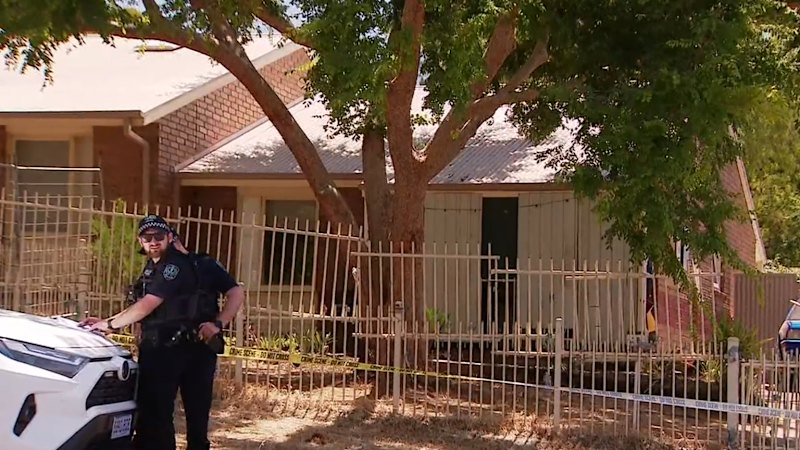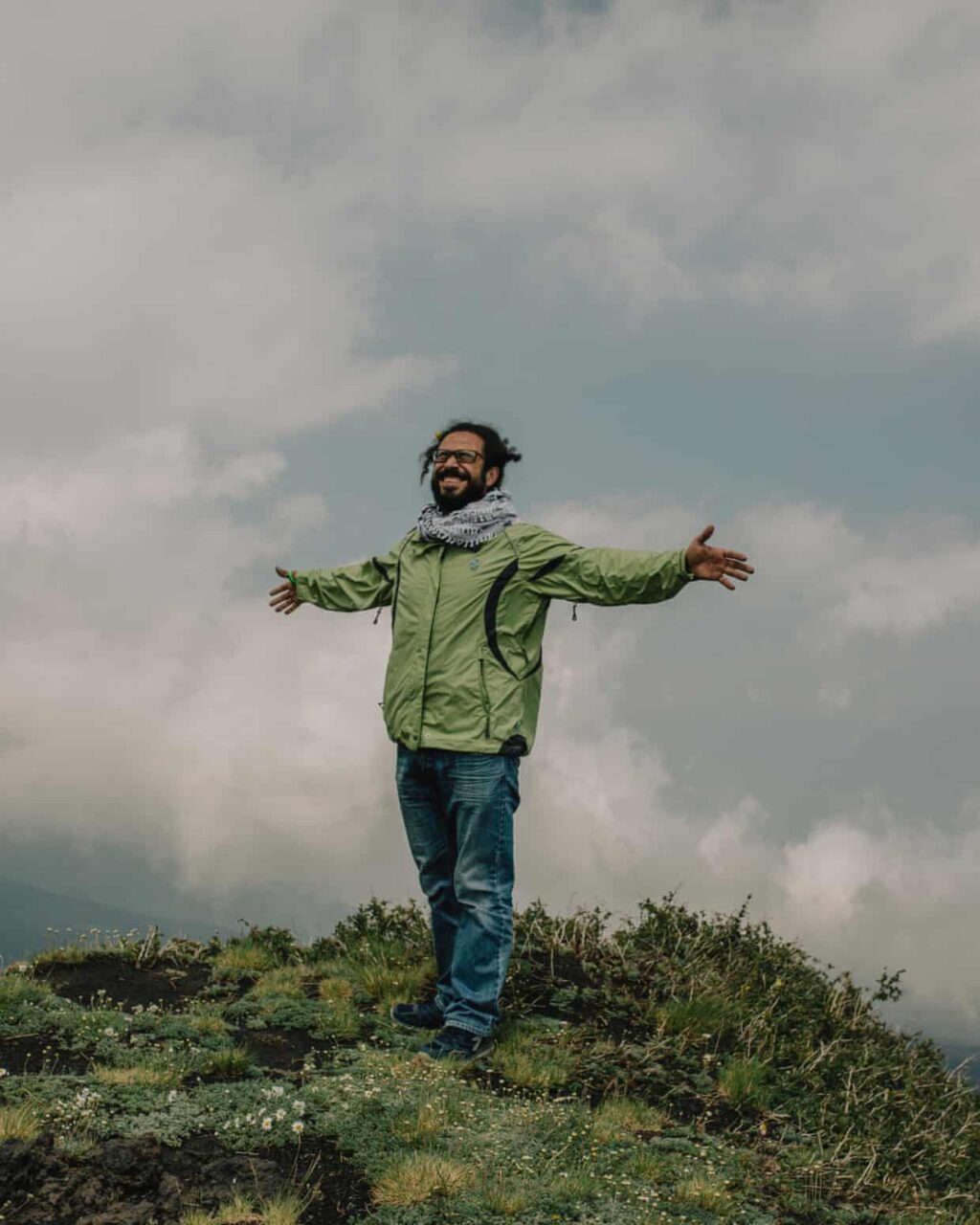
URGENT UPDATE: A decade ago, Somar Kreker embarked on a perilous 2,700-mile journey from Syria to Germany, reuniting with his sisters amid one of the most significant migration crises in history. As the world reflects on this tumultuous decade, the stark realities of migration in Europe have only intensified.
In the summer of 2015, Somar, then just 27 years old, was filled with hope rather than fear. After fleeing Syria to escape conscription, he was determined to bring his younger sisters, Salsabil and Lubna, to safety. “I was never worried or stressed about the trip,” Somar recalls. “My only thoughts were how to make the trip a happy adventure.”
That year witnessed nearly 1 million asylum seekers attempting to enter Europe, marking a peak in the migration crisis that would test the very fabric of the European Union. On August 31, 2015, former German Chancellor Angela Merkel boldly declared, “Wir schaffen das” (“We can do this”), as Germany opened its borders to those in need.
Today, ten years later, the journey that once offered hope has transformed into a treacherous ordeal for many. The Balkan route, which Somar chose to avoid the deadly Mediterranean, is now fraught with danger, including barbed wire fences and armed pushbacks by border police. “The plan was to meet my sisters in Istanbul, where they were arriving from Damascus,” Somar explains.
Despite the odds, Somar’s sisters made it to the Greek island of Kastellorizo after a harrowing journey across the Aegean Sea. Tragically, the waters claimed the lives of over 800 people in a shipwreck earlier that year, underscoring the dangers faced by migrants.
“We played football to shake off the fear after the crossing,” Somar recalls, highlighting the stark contrast between the influx of migrants and local tourists. Their path led them through Greece and into the heart of Europe, navigating an increasingly hostile terrain.
By October 15, 2015, they reached Serbia, where tensions were rising as thousands of others sought refuge. The mood shifted as countries like Croatia and Slovenia began closing borders, signaling a shift in Europe’s approach to migration.
Somar and his sisters ultimately arrived in Salzburg, Austria, before reaching Germany after enduring more than 44 days of travel. Their reunion with Somar’s brother, Mousab, was a moment of pure joy amidst the chaos.
Life in Germany has been a stark contrast. Somar, now a project manager, reflects on the support he has received, stating, “I have never felt discriminated against.” However, the political landscape in Europe has shifted dramatically, with the rise of far-right parties capitalizing on anti-immigration sentiments.
As of February 2024, the far-right Alternative für Deutschland party garnered over 20% of votes in federal elections, reflecting a growing intolerance. Reports indicate that more than 32,000 people have lost their lives trying to cross the Mediterranean since 2014, a grim reminder of the ongoing crisis.
Judith Sunderland, of Human Rights Watch, emphasizes the contradictions of 2015, stating, “It was a time of promise for a generous Europe, yet we now see a shift towards repressive migration policies.”
As the decade marks Somar’s journey, the future for migrants in Europe remains uncertain. With stringent border policies in place, the hope for a safe passage is dwindling. Somar’s story is a poignant reminder of the human cost behind migration policies and the urgent need for compassion as Europe grapples with its identity amid rising intolerance.
What happens next? As European nations continue to fortify their borders, the plight of migrants remains critical. The world watches closely, as the unfolding situation in Europe could redefine its humanitarian stance in the years to come.
